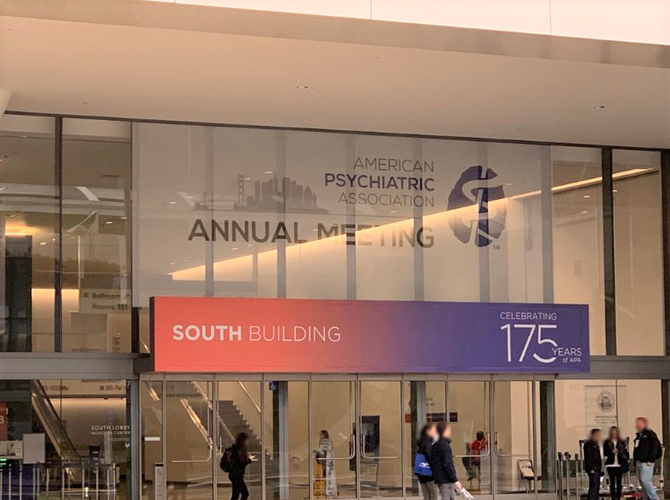
Vælg et område
Check de forskellige Progress in Mind indholdsområder.

Progress in Mind

Evidence supporting a role for inflammation and pro-inflammatory mediators in the pathophysiology and treatment resistance of depression was presented at APA 2019. Could these findings lead to the identification of new biomarkers and new treatment targets for depression?
How does genetic vulnerability, an important contributor in many cases of major depressive disorder (MDD), schizophrenia and bipolar disorder, contribute to changes in brain circuitry, asked Professor Charles Nemeroff of the University of Texas at Austin, TX. This has been a fundamental question within past and future research.
Understanding genetic disease susceptibility provides opportunities for prevention, while molecular and imaging markers provide targets for therapeutic interventions
Ultimately, MDD and anxiety are about how the brain responds to the environment, he said. The effect of genetic sequence variants and variable gene processing on cellular molecular pathways impact activity in the emotion processing circuitry, resulting in the behavioral, clinical phenotypes.
Understanding genetic disease susceptibility provides opportunities for prevention, while the molecular and imaging markers provide targets for therapeutic interventions before the development of clinical manifestations, Professor Nemeroff added.
Cytokine activation produces depressive-like symptoms
Just as for many physical diseases, such as cardiovascular disease and cancer, inflammation and an activated innate immune response appear to play a role in the pathophysiology of MDD, explained Professor Nemeroff, because patients with MDD have:
These inflammatory markers decrease with successful antidepressant therapy. However, cytokine activation resulting from, for example, flu-like illnesses, produces the depressive-like symptoms of anhedonia, malaise, hypersomnia, anorexia, social withdrawal, poor concentration, hyperalgias, and weakness.
Further support for an inflammatory role in MDD have been provided by a systematic review and analysis demonstrating an association between CRP, IL-6 and MDD,1 a systematic review highlighting the link between inflammatory cytokines and suicidal behavior,2 and a study showing an increased risk of inflammatory bowel disease in patients with MDD that may be mitigated by the use of antidepressants.3
Is there a potential role for pro-inflammatory cytokines in depression and depressive symptoms?
In suggesting a potential role for pro-inflammatory cytokines in depression and depressive symptoms, Professor Nemeroff highlighted:
A recently published article has demonstrated that defective inflammatory pathways in never-treated depressed patients are associated with poor treatment response, added Professor Nemeroff. Anti-inflammatory cytokine levels increased in both responders and non-responders. In contrast, the levels of five pro-inflammatory cytokine stabilized in responders, but continued to increase in non-responders. The authors concluded that patients with MDD exhibit remodeling of their inflammatory landscape.4
The role of pro-inflammatory cytokines in treatment-resistant MDD is supported by another recent study cited by Professor Nemeroff, in which there was a significant relationship between the number of failed treatment trials and TNF, soluble TNF receptor 2 (sTNF-R2) and IL-6 (all p <0.05 in multivariate analyses).5